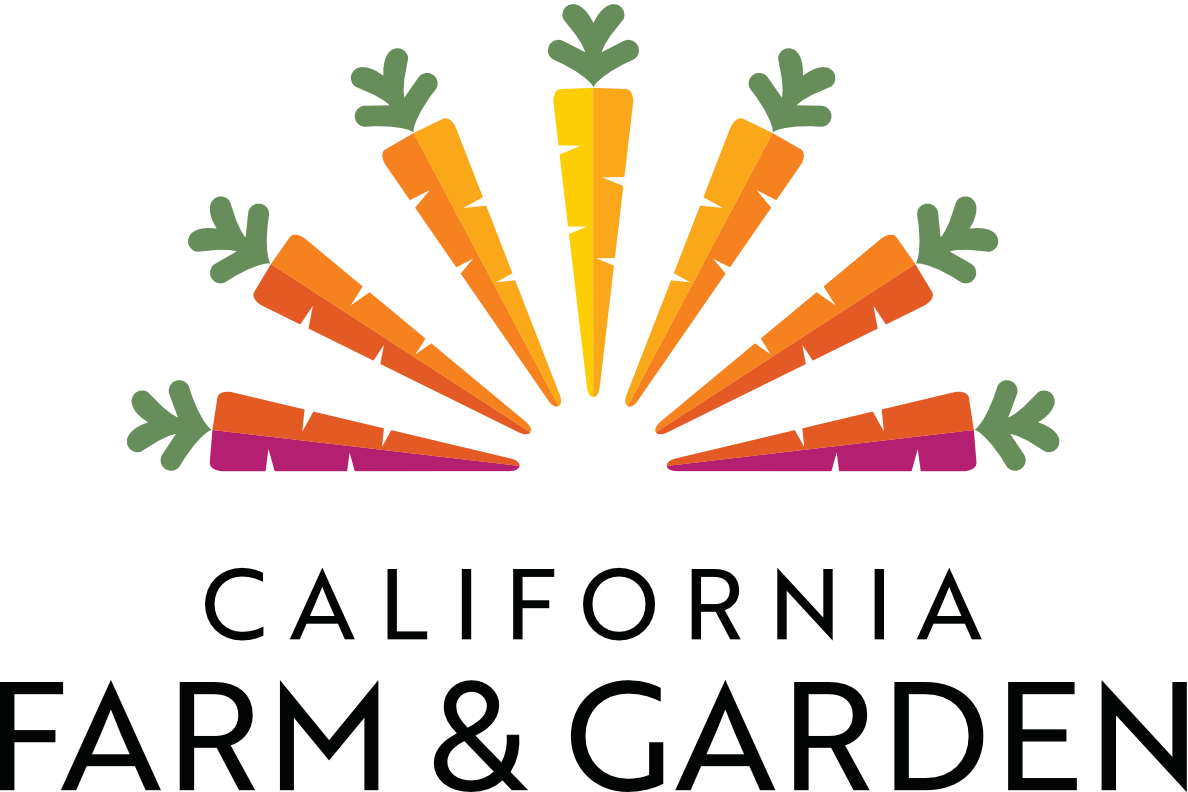Composting
California Farm and Garden offers a variety of compost-related assistance, completely customizable to fit your space and vision. From coaching, to building bin systems, to full-service expert onsite maintenance, we can help you accomplish and surpass your zero-waste goals!
Composting is the process of turning food and landscaping scraps into nutrient-rich organic soil matter called “humus.” The idea is to return the nutrients that went into growing plants back to the soil to grow a new generation of plants. This is what sustainability is all about!
Why Compost?
In the gardening world, compost benefits the soil by acting as a premium fertilizer and microbial activator. Compost adds microbes and bacteria that break down soil nutrients into a form plants can digest. It also holds onto these nutrients so they won’t wash away with irrigation. Humus holds most of its weight in water, giving dry California soil a fighting chance in the drought.
High-quality fertilizers at your local nursery can get very expensive, and it is not always clear what has gone into their manufacturing. Many gardeners prefer compost because after initial start-up costs, composting is affordable and allows for complete control of what goes into the humus.
Large-scale composting combats food waste, one of the world’s largest CO2 contributors. California Farm and Garden wrote an article on tips for combatting food waste here. Composting systems are highly beneficial almost anywhere, including residential, restaurant, and corporate settings! Do you create landscape cuttings and/or kitchen scraps? We can turn them into a nutrient-rich garden amendment, taking them full circle from the garden and back again!
Our Services
California Farm and Garden can:
Coach:
Provide the education you need to begin composting at home
Provide resources to assist in learning how to effectively create and use compost
Build / Install:
Customize your compost to best suit your lifestyle and garden
Maintain:
Layer and maintain your bins
Add organic catalysts needed to maximize efficiency
Keep pests in check
Keep unpleasant odors at bay

